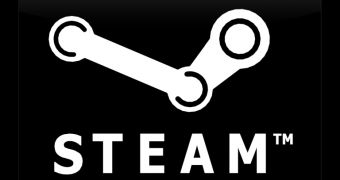Randy Pitchford, the leader of Gearbox, creator of Borderlands and a known straight talker, has recently commented that Steam, the digital distribution service created and maintained by Valve, could be a problem for smaller developers because of its potential to be a monopoly and because of the conflict of interest within the controlling company.
He suggested that maybe Steam could be spun off to become an independent company. Immediately after, a host of small developers, from 2D Boy to Tripwire Interactive, creators of Red Orchestra and Killing Floor, which are Steam distributed, stepped up to say that the service is actually a great boon to their business, as it allows them to quickly reach players without dealing with the convoluted process of negotiating a distribution deal.
Both sides have sensible arguments and the overall picture seems to show Valve as a company that maintains a clear separation between the side creating original games, like Half Life or Left 4 Dead, and the one handling digital distribution. But contrary to mainstream opinion, if anything, I would like Valve to use the leverage it has thanks to Steam to make some more changes to the way videogames are developed and distributed.
For one, Steam should try to push down prices. Not for the small indie games that need all the revenue they can get and already offer their content at big discounts but for the bigger developers and publishers that often put the same price tag on a digitally distributed copy as they do on a retail package. It could also push for them to bring their back catalog of releases to Steam and offer them for low prices. It could push publishers like Electronic Arts, Activision or Ubisoft to put digitally distributed versions for the PC out at the same time when they release their games, like Mass Effect or EndWar or Modern Warfare 2, on gaming consoles.
Steam, with support from Valve, has the potential to really change the way PC gaming is evolving. But to do that, it needs to actually become less of a neutral party and more of a benevolent dictator, especially when it comes to dealing with the big players in videogaming.

 14 DAY TRIAL //
14 DAY TRIAL //